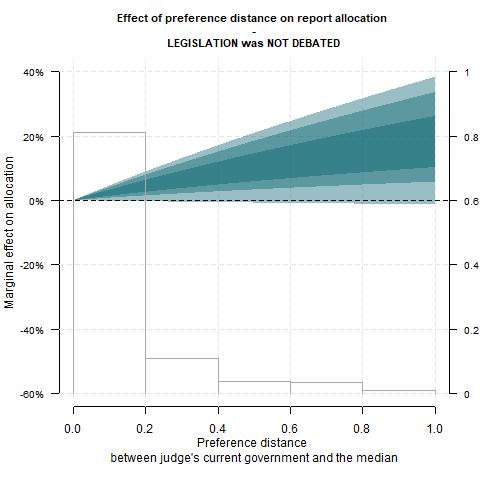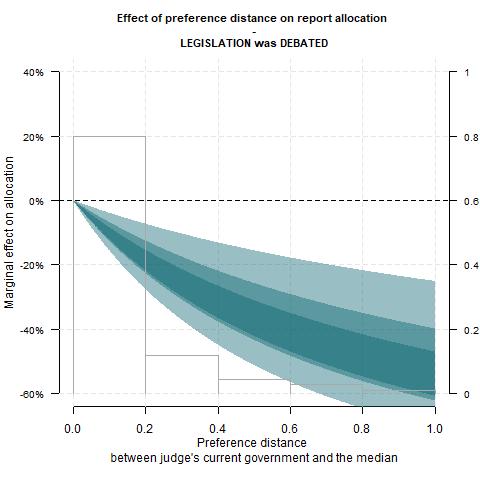Building legitimacy: strategic case allocations in the Court of Justice of the European Union


Abstract
Does the President of the Court of Justice of the European Union (CJEU) make strategic use of his members?
Cases in the CJEU areprepared by a “judge-rapporteur” who acts as an agenda setter. I argue that the President builds the Court’s legitimacy by strategically allocating cases to select judges.
Using original data on 9623 case allocations (1980-2015), I argue that suspicions about judges’ political accountability can polarize already politicized debates. The President circumvents such dynamicsby appointing a rapporteur whose government holds moderate political preferences. However, he considers governmental preferencesand disagreements mainly when case law is not yet developed. This may also contribute to explaining judges individual-level specialization, which arguably favors the construction of a coherent case law.
The results speak to the lingering effect of judges’ renewable terms – despite secret voting – as well as the importance of courts internalorganization for judicial independence.
Reference
- Hermansen, Silje Synnøve Lyder (2020) “Building legitimacy: strategic case allocations in the Court of Justice of the European Union” Journal of European Public Policy, 27(8), pp 1215-1235